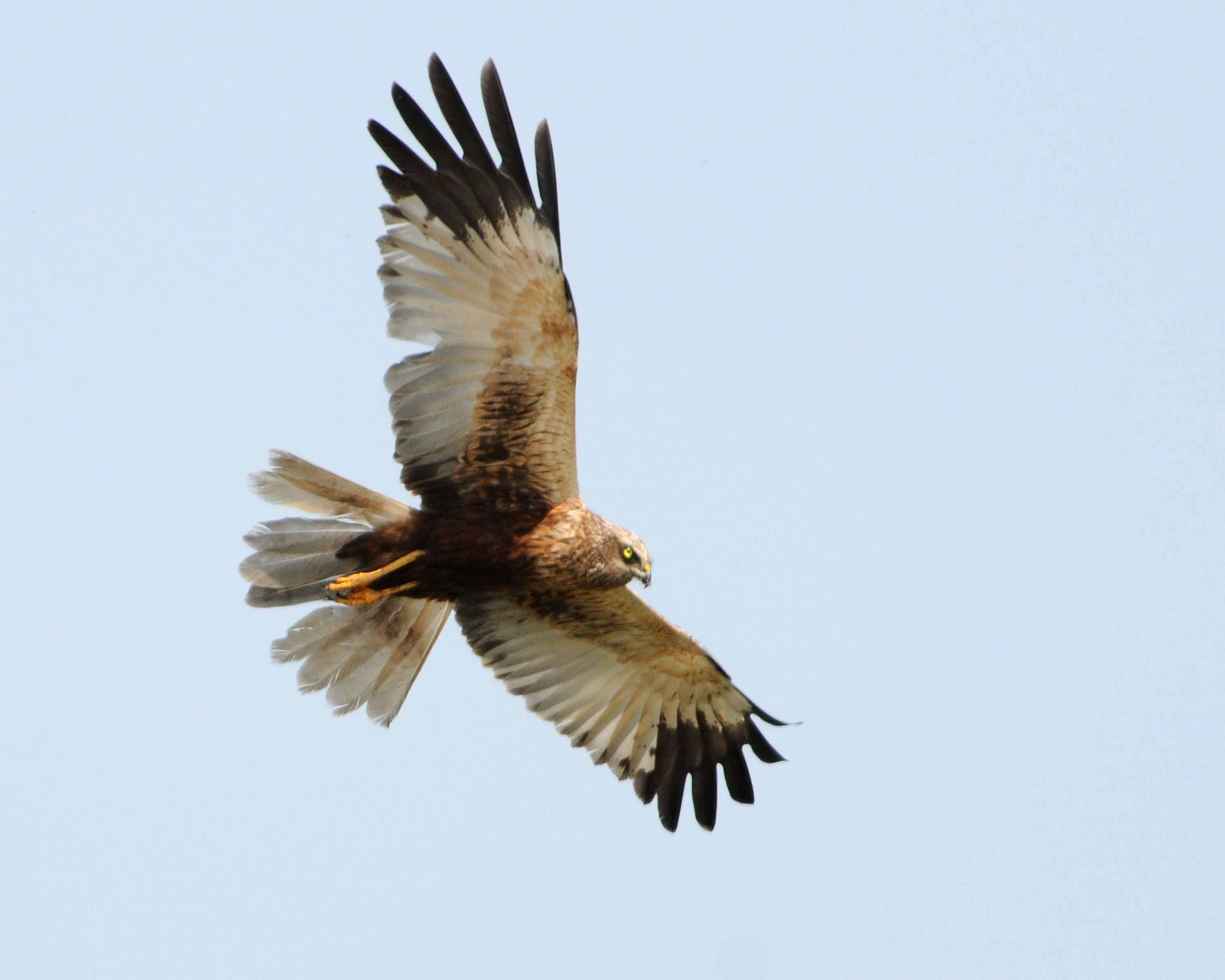Grab your wellies and enjoy our wonderful wetlands
The UK's wetlands range from small ponds and trickling streams to gushing rivers and massive reservoirs, and all are vitally important natural resources. As well as supporting a huge variety of wildlife, including charismatic species such as Otters and Marsh Harriers, they also provide a range of crucial ecosystem, economic and cultural services such as food, fuel, flood prevention, water storage, recreation and transport. Despite this, wetlands are some of our most damaged habitats, and are still being lost at an alarming rate.
The Wildlife Trusts have long been at the forefront of efforts to protect and restore the UK's precious wetland habitats, in the face of threats including climate change, drainage and development. To celebrate and share the benefits of their work, Wildlife Trusts across the UK are holding a series of 'Our Wetland Wildlife' events on Saturday 8th and Sunday 9th September. The events form part of The Wildlife Trusts' Centenary celebrations.
Be among the first to visit the new lagoons and hides at Rutland Water, spot waterbirds in Lincolnshire, identify moths in Cumbria, or take a wetland bat walk in Cheshire. Celebrate the wetland restoration work carried out in Radnorshire, go pond-dipping in Warwickshire, or check out the beavers back in Scotland after 400 years of extinction. These are just some of the exciting events and activities on offer across the UK during Our Wetland Wildlife weekend, as The Wildlife Trusts offer people the opportunity to experience the UK's wonderful, but vulnerable, wetland habitats.

Marsh Harrier, Cley Marshes NWT, Norfolk (Photo: Nick Appleton)
Paul Wilkinson, Head of Living Landscape at The Wildlife Trusts, said: "Our wetlands are home to some amazing species of wildlife and they also provide us with crucial services like flood control and water storage. But they are under enormous pressure from pollution, abstraction and other threats. The Wildlife Trusts have a long history of protecting and restoring the crucial wetland habitat, and it is vital that this work continues — not only for the sake of wildlife but also to help us to adapt to the effects of climate change. The series of 'Our Wetland Wildlife' events across the UK offer a fantastic opportunity for people to learn about these important habitats, witness the work of their local Wildlife Trust, and find out what they can do to help. Join us in spotting charismatic species like beavers and otters, as well as many fascinating species of birds, fish and insects — and help us to get our wetlands thriving again."
Bill Oddie, Vice-President of The Wildlife Trusts, shared his memories two of of his favourite wetland reserves, Cley in Norfolk and Hauxley in Northumberland: "The north Norfolk marshes were the first place I went on a birding holiday when I was 14. I have been going there nearly every year for the rest of my life. The area has changed, but very much for the better. Back in the 1950s, a lot of the reed beds were inaccessible and birdwatchers could literally been thrown out! Look at it now. Pathways, hides, scrapes, islands, more and more reeds and more birds. And a lot more birdwatchers!"
"My first visit to Hauxley was in late June. The Warden was a botanist, I was into birds. We made a bargain: I'll show you the birds, I said, if you show me the flowers! We spent ten minutes in a hide and the rest of the day crawling around on our hands and knees with him showing me the different families, leaf shapes and petal arrangements. By evening, I was hooked on wildflowers. I still am."
For a full list of Our Wetland Wildlife events, please see www.wildlifetrusts.org/whats-on/wetlands.

